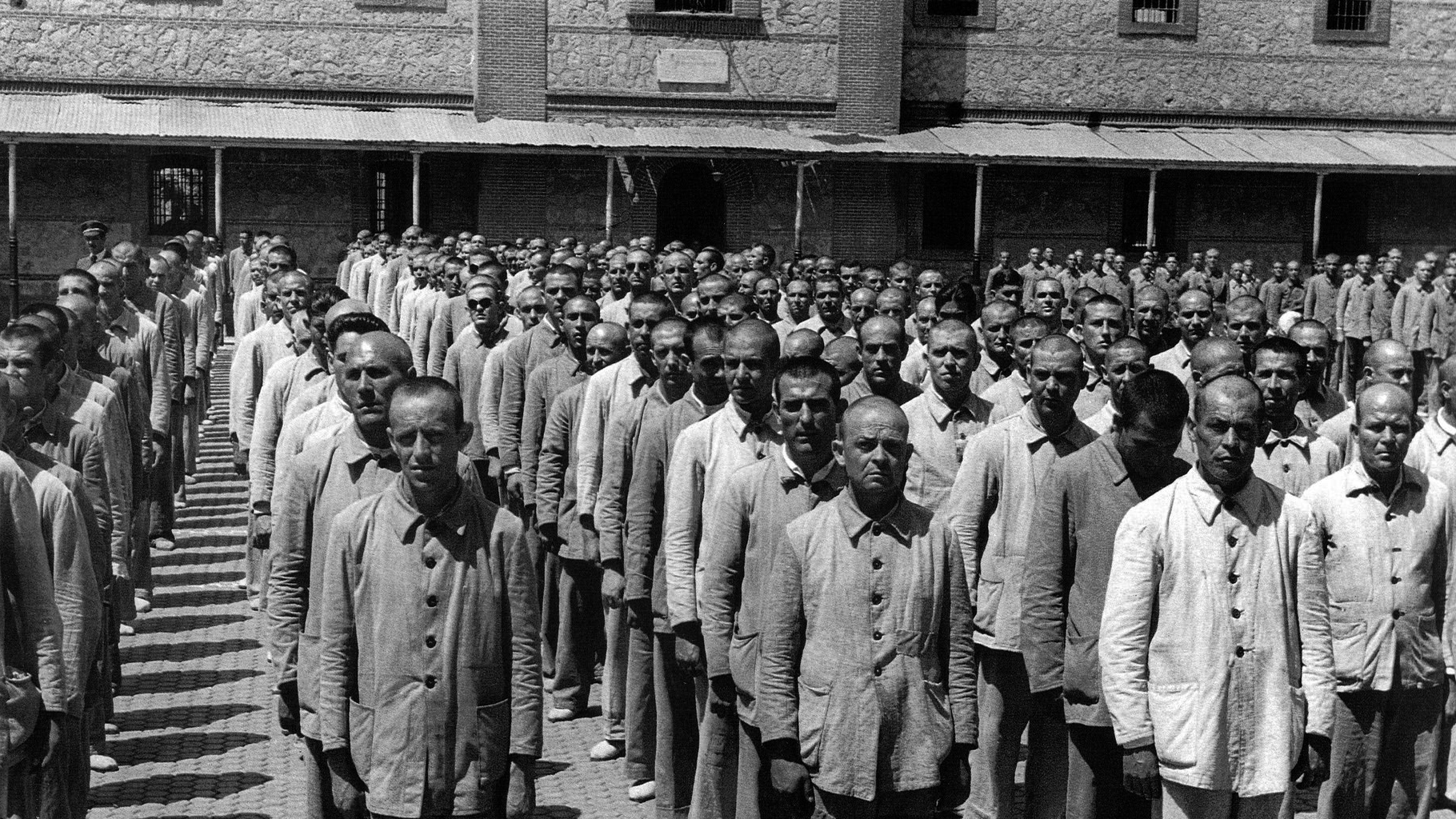
Synopsis
After the success of Franco´s Settlers, their first encounter with Franco’s dictatorship, filmmakers Dietmar Post and Lucía Palacios now tackle one of the most undisclosed chapters of European history: the allegedly organized extermination that took place in Spain under General Franco’s fascist dictatorship between 1936 and 1975 after he established his power with the help of Germany, Italy and Portugal. To this day no one has been prosecuted for the regime’s systematic atrocities; victims haven’t been rehabilitated. Over 100,000 people are still missing.
After a Spanish judge´s attempt to accuse Franco and his generals for crimes against humanity failed in 2010, Franco’s victims filed a complaint in Buenos Aires, known as “Querella Argentina”. Now for the first time, an Argentinian investigating judge, María Servini, has issued 24 international arrest warrants against high-ranking representatives of the Franco dictatorship. The filmmakers accompany her as she tries to initiate court proceedings against the accused, proving that a reappraisal of Spain’s darkest chapter is long overdue.
Franco on Trial debates specific crime cases presented in the Argentinean Lawsuit. By interweaving never-before-seen archival material with current footage and by delivering a historical contextualization of each case the film itself demonstrates new evidence. In one of the key scenes, the film creates a sense of the impending lawsuit’s actuality when one of the suspected perpetrators is confronted directly with the accusations by the plaintiff, the investigating judge and the plaintiff’s lawyer.
The film has been in the works for over 8 years. During that time the directors managed to gain access to people from both sides of the conflict, including the daughter of a general in the 1936 coup who still counts a silver-framed portrait and personal present of German Nazi-leader Hermann Goering among her possessions.
Franco on Trial reveals an almost forgotten part of 20th century European history and raises the question: Will the so-called “Argentinian Complaint” become a Spanish Nuremberg?
October 2017
Franco´s Settlers
Film available as DVD and VOD here
Synopsis
Somewhere on the high plains of La Mancha in Spain resides a village that carries the name of its creator, Francisco Franco. The translation for the village’s name Llanos del Caudillo is The High Plains of the Caudillo. Caudillo is the equivalent to the German Fuehrer (Hitler) or the Italian Duce (Mussolini).
Llanos del Caudillo was one of over 300 settlement villages built during the dictatorship of General Franco between 1939 and 1975. The ideological goal of these communities was to create the new fascist man.
The film portraits this unordinary small town as if we were looking through a magnifying glass, reviewing the Spanish history since Franco took power until the present days, when judge Baltasar Garzón, famous for having prosecuted Augusto Pinochet, has been convicted by the Spanish Supreme Court and banned from office for 11 years because of his attempt to investigate the crimes committed during Franco´s dictatorship.
Franco’s Settlers is a contemporary evaluation of the figure of the dictator Franco; a discreet and calm attempt to dissect recent Spanish history and to review how some Spaniards deal with the heritage of their past.
Dietmar Post
Dietmar was born in Germany in 1962. He worked as a printer before studying Theater, Film, and Spanish at the Freie Universitat of Berlin and the Universidad Complutense of Madrid. Between 1995-2003 he lived and worked in New York City where he studied at NYU Film School. There he shot his first short film, the award-winning Bowl of Oatmeal, followed by various fictional short stories and documentaries.
Dietmar Post is member of the Association of German Documentary Filmmakers (AG Dok).
Lucía Palacios
Lucía was born in Spain in 1972. Studied Audio-Visual Communications at the Universidad Complutense of Madrid and Film at the NYU Film School of New York. From 1996-2000 she worked as a producer for Canal+ and TVE while living in the United States. Since 1997, she has produced and directed various of her own short films and documentaries with her partner Dietmar Post, as well as others.
Lucía also works as a voice-over talent.
play loud! productions
Lucía Palacios and Dietmar Post have been working together for over twenty years.
Their first collaboration, Cloven Hoofed, is a short fictional film which celebrated its release in the 1998 Rotterdam Film Festival. Living in New York City between 1995 and 2002, Dietmar and Lucía created play loud! productions in 1997. Since then, they have focused on producing not only films but music as well. In 2002, they relocated to Berlin where they presently reside.
In 2008, they were the recipients of the most prestigious award in German television, the Adolf-Grimme-Preis Award, for their documentary Monks: The Transatlantic Feedback.
In 2006, their film German Pop and Circumstance was nominated for the same award.
For the past ten years, they have been creating an extensive archive under the title`play loud! (live) music series´ which focuses on the preservation and archiving of music, inspired by Alan Lomax, John Peel and the first generation of “direct cinema”. In the same manner, they publish their films under their own label play loud! music.
In 2018 they release the DVD of their film Franco´s Settlers accompanied by a book titled Franco´s Settlers: An example of the marginalization of the investigative documentary. With this book they open up a discussion based on the function and significance of the documentary in democratic societies and how neoliberalism has influenced the aesthetic and content of documentary films.
Filmography (selected)
1996 – Bowl of Oatmeal (short film)
1998 – Cloven Hoofed (short film)
2002 – Reverend Billy & The Church of Stop Shopping (documentary)
2006 – Monks: The Transatlantic Feedback (documentary)
2009 – Klangbad: Avant-garde In The Meadows (documentary)
2013 – Franco’s Settlers (documentary)
2014 – Donna Summer: Hot Stuff (documentary)
2015 – Damo Suzuki & Sound Carriers: Live At Marie Antoinette (documentary)
2016 – German Pop & Circumstance (documentary)
2018 – Franco on Trial (documentary)






